Calls for Airbnb owners to pay higher rates amid Cairns‘ rental crisis
The Far North has startling number of unoccupied dwellings as the region grapples with a severe housing crisis, sparking calls for radical change. Vote in our poll.
Cairns
Don't miss out on the headlines from Cairns. Followed categories will be added to My News.
While the Far North grapples with a severe housing crisis, new data shows the region has a higher number of unoccupied dwellings – ‘zombie houses’ – than the rest of the state.
Data from the 2021 census reveals the figure is 11.1 per cent for the Far North, compared with 9.3 per cent for Queensland overall.
On census night – August 10 last year – there were more than 10,000 empty homes in the region.
There are 3300 Airbnbs and Shelter Housing Action Cairns executive officer Sally Watson said she’d like to see Cairns Regional Council follow the lead of other councils including Brisbane City Council, which hiked up rates by 50 per cent for short stay accommodation, with the aim of encouraging property owners to return houses to the long term rental market.
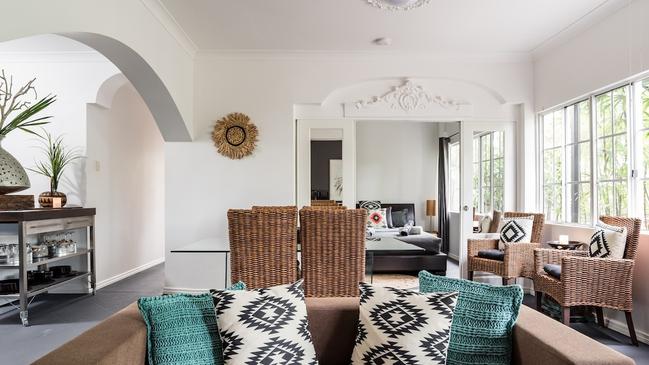
Ms Watson said another option was to follow Sydney’s lead and limit to 180 days the number of days short stay properties could be rented.
“With the sustained and continuing rental squeeze we are experiencing, we do need to look at zombie houses as one option to increase available rental housing in Cairns,” Ms Watson said.
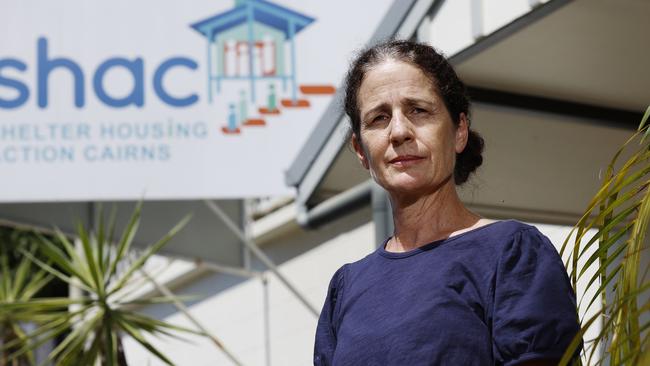
“Given Cairns is a tourist town, we certainly have more than our share of Airbnbs – we need to reduce the obvious profit incentives associated with Airbnbs so that owners are induced to put properties back on the rental market,” she said.
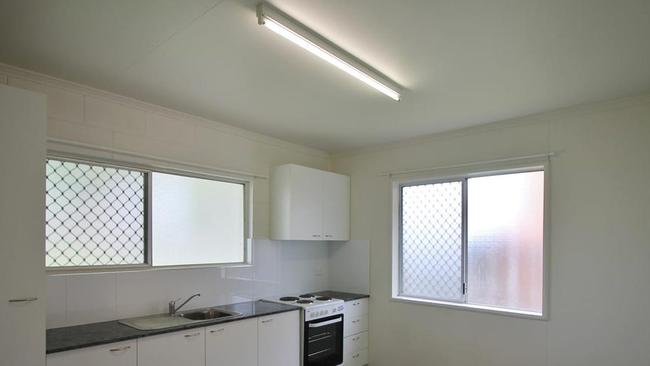
A Cairns Regional Council spokesman said there were no plans to rate short stay accommodation differently – but it is bringing in a new rate base for “non-principal places of residence” in 2023-24, expected to affect about 30 per cent of properties.
First National Real Estate chief executive Ray Ellis said investors didn’t want a long term tenant paying $600 a week when they could get $1,000 for a weekend, or the equivalent of a year’s rent in peak periods.
“There are also empty foreign investor homes – should governments consider a policy to ensure these are used for rental rather than remain empty?
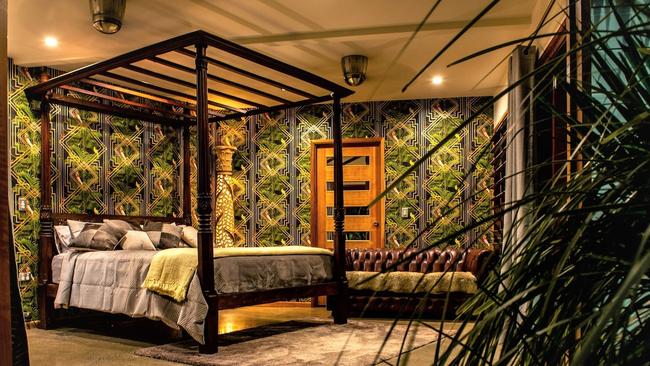
“All of these zombie houses, just sitting there with no one in them, can help to solve the rental crisis,” Mr Ellis said.
“The market has been so hot and with state legislation geared towards the tenant and not the landlord, you can understand why long term investors decide now is the time to sell up,” he said.
“That property is bought by an owner-occupier and it’s out of the rental market.”
Mr Ellis said 240,000 social houses were built in the 1950s and 1960s but that exercise had never been repeated.
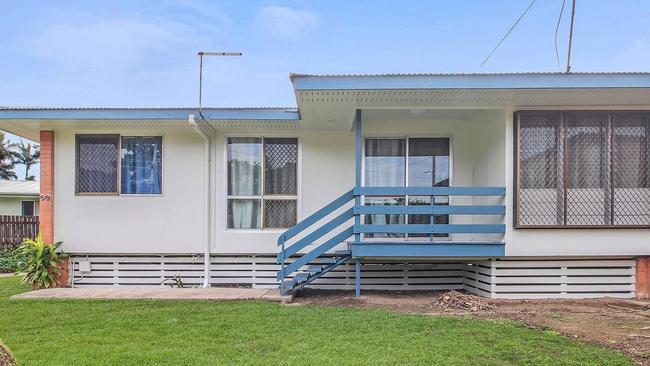
“For the past 20 to 25 years we have put that responsibility on the private sector and now there are no rentals,” he said.
Airbnb country manager for Australia and New Zealand Susan Wheeldon said with sharply rising costs of living, now was not the time for sudden policy changes.
“It will also hurt guests and the broader community who rely on short stay accommodation to travel affordably, including for purposes such as to provide care and support for family members,” Ms Wheeldon said.
She said short term rentals comprised a tiny proportion of the overall property market.
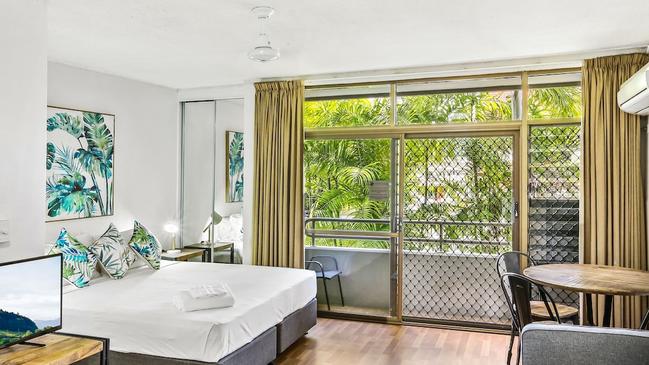
“Hosting helps many Australians stay afloat and make ends meet in the face of rising costs of living,” Ms Wheeldon said.
“In many cases, Hosts make properties available on our platform that would otherwise be used only as holiday homes for themselves, and their friends and family – many of these homes are unlikely to be offered on the long-term rental market.”
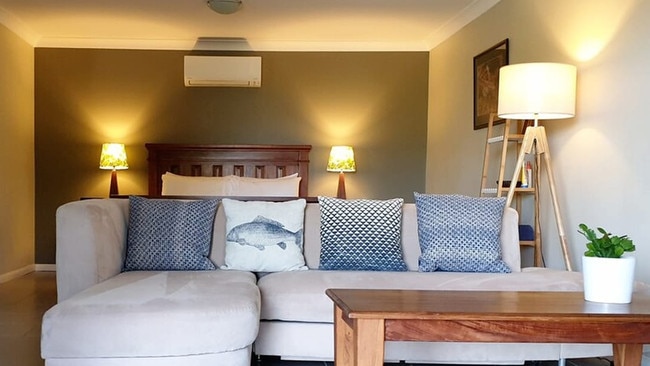
She said Airnbnb would work constructively with councils “towards commonsense regulatory initiatives backed by sound evidence”.
State MP for Cairns Michael Healy said one big problem was that homeowners did not want to enter into agreements with community or social housing providers.
“In this current market, the private sector is getting very good rental returns,” Mr Healy said.
“From what I understand from housing managers in the region, the minute people hear the government is the applicant, they are reluctant to enter into an agreement.
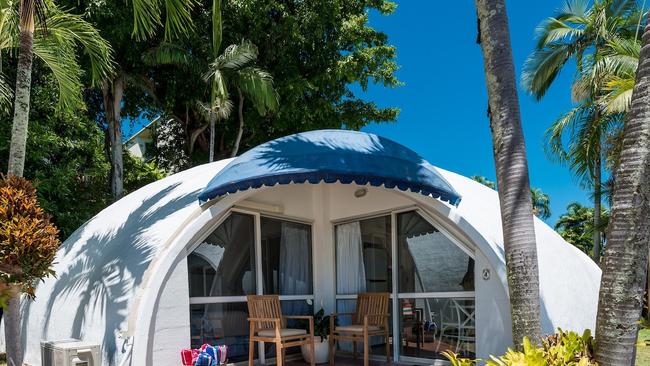
“It is enormously concerning – it has a detrimental impact on the government’s ability to source housing from the private sector.”
A Department of Housing spokesman said $102.1m would be invested in 255 new social and affordable homes in the Far North by June 2025.
A total of 174 new social housing dwellings have been built by the government since 2017.
More Coverage
Originally published as Calls for Airbnb owners to pay higher rates amid Cairns‘ rental crisis




